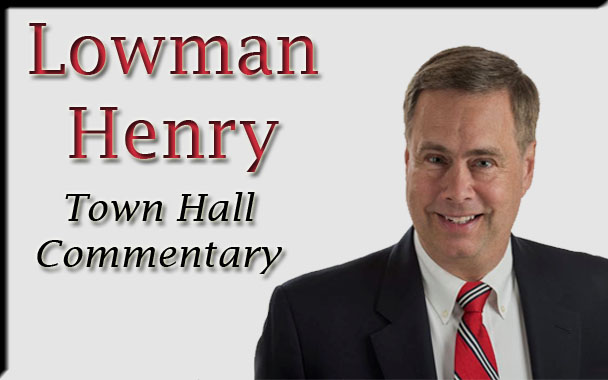Pennsylvania Watches While Other States Vote

Iowa and New Hampshire have had their say in the presidential nominating process, but Pennsylvania’s turn in the national spotlight is months away. Often, but not always, the major party nominations are decided by the time voters in Penn’s Woods trek to the polls.
As happens every four years about this time there is debate over moving the Pennsylvania primary to an earlier date in the calendar. The debacle that occurred in the Iowa caucuses has added yet another dynamic to that discussion.
While tradition is certainly on the side of Iowa and New Hampshire’s first-in-the-nation status there is merit to the argument that demographically neither are representative of the country as a whole. The opposite is true of Pennsylvania. Our state has two large cities, one with an Eastern seaboard vibe the other mid-western in nature; we have smaller cities, large suburban areas, and vast swaths of rural farmland. We are racially, ethnically and culturally diverse. Pennsylvania is also one of a handful of “swing” states where the General Election is truly competitive.
It makes sense that Pennsylvania voters should have more of an impact on the selection of presidential nominees. To that end State Senator John Gordner (R-Columbia) has introduced a bill that would move the Pennsylvania Primary from the current date of the fourth Tuesday in April to the third Tuesday in March.
That date, however, would still place Pennsylvania’s ballot deep into the nominating process. Coming after “super Tuesday” which is typically the first Tuesday in March, the field of candidates would likely be winnowed to two or three – although that would potentially put our state in a position to deliver a knock-out blow that narrows the field to one.
Occasionally even our late April balloting does impact the presidential nominating contests. In 2016 Donald Trump, Ted Cruz and John Kasich remained in the race and Trump’s win in Pennsylvania set up what was ultimately the clinching win days later in Indiana. In 2008 Barack Obama and Hillary Clinton battled until mid-June before the nomination was settled, with Pennsylvania voters helping to extend that contest.
But those races were the exception rather than the rule. Add in the fact the presidential balloting in Pennsylvania is merely a beauty contest (no delegates are awarded based on the presidential vote), and the district-by-district delegate races are what really counts.
Now it is likely Pennsylvania Democrats will find their voices do matter this year as that party’s nomination process continues to unfold. Rule changes enacted since 2016 eliminate “winner take all” rules in various states that ensure proportional awarding of delegates which will have the effect of keeping more candidates in the race longer.
There are also financial and logistical challenges to moving Pennsylvania Presidential Primary that have frustrated previous attempts to move the primary to an earlier date. In addition to presidential and delegate balloting, the primary also enables the parties to select their nominees for U.S. Senate, congress, state Senate and state House members.
Earlier presidential balloting would either move those primaries up a month, or the state could hold a Presidential Primary in March and a primary for other offices the third Tuesday in May as happens in other years. Staging two primaries, however, would be an expensive addition to the financial burden of counties.
Increasing Pennsylvania’s clout in the presidential nominating process might be worth the expense, but if so it makes sense to hold the primary even early than the end of March, positioning the commonwealth to be a major player while there are still larger fields of candidates from which to choose.
This being Pennsylvania it is likely nothing will happen – again. But, this is a debate worth having as we should reclaim our historical status as a keystone state.
(Lowman S. Henry is Chairman & CEO of the Lincoln Institute and host of the weekly Lincoln Radio Journal. His e-mail address is [email protected].)
PePermission to reprint is granted provided author and affiliation are cited.






